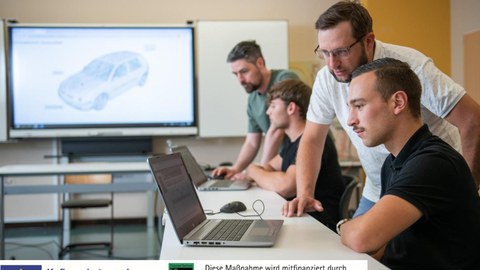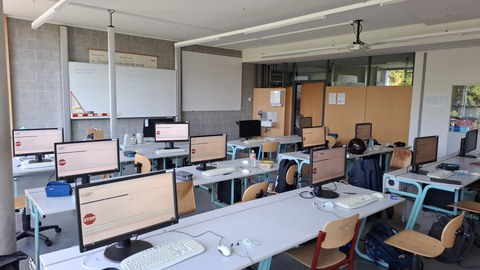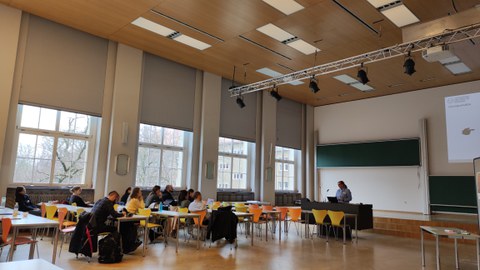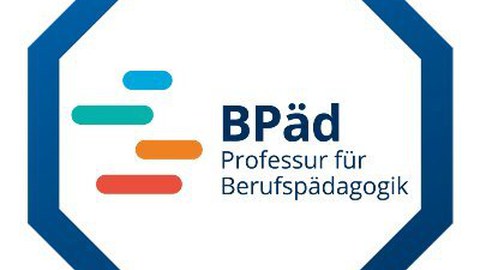Third mission
We want the Chair of Vocational Education to further increase its impact and visibility - in vocational education policy as well as in initial, continuing and further training in the chambers, at vocational schools and in training companies. As a social player, we contribute to the discourse and improvement of vocational education and training in Saxony.
Here we provide information about our activities in the field of the Third Mission. Please contact us if you would like to become part of our “BPaed 360°” network!
 © @unsplah - Sarang Pande
© @unsplah - Sarang Pande
Topics of the Third Mission
Teacher professionalization
As Chair of Vocational Education, we support the first phase of teacher training. We implement current findings from empirical educational research in our teaching. We also support projects such as OptLA, KatLA and SchulAQ, all alternative study options for the vocational teaching profession. We promote coherence with the second phase through the vocational education working group. In the third phase, we offer further training and dialog events.
Vocational education and training PISA
The OECD is currently developing a concept for a "Vocational Education and Training PISA" with the significant involvement of German researchers. In addition to the Federal Ministry of Education and Research (BMBF), the Chair of Vocational Education is also involved in the preparatory work for this international comparative competence measurement of trainees. Your contact for further questions:
Motor vehicle training
Would you like to know what skills an automotive mechatronics technician needs and how these skills can be measured and promoted in a targeted manner? We deal with these and other questions in order to develop a comprehensive understanding of the competence requirements in this profession. If you are interested, have any questions or would like to support our research with your expertise, we look forward to hearing from you.
Competence development and measurement in vocational education and training
How do learners' vocational skills develop? What are vocational skills and how can we measure them? We have made our own research contributions to these questions in the field of automotive training and social pedagogy. Contact persons at the Chair of Vocational Education are:
Vocational teaching & learning
Together with the Chair ofEngineering Psychology and Applied Cognition Research, we are investigating the processes that take place during the diagnosis of disorders so that trainees can be optimally supported in developing suitable mental models. We are particularly interested in the generation of hypotheses. By comparing several domains (e.g. fault diagnosis on motor vehicles and on packaging machines), we can derive both general and specific implications for the design of vocational teaching and learning.







